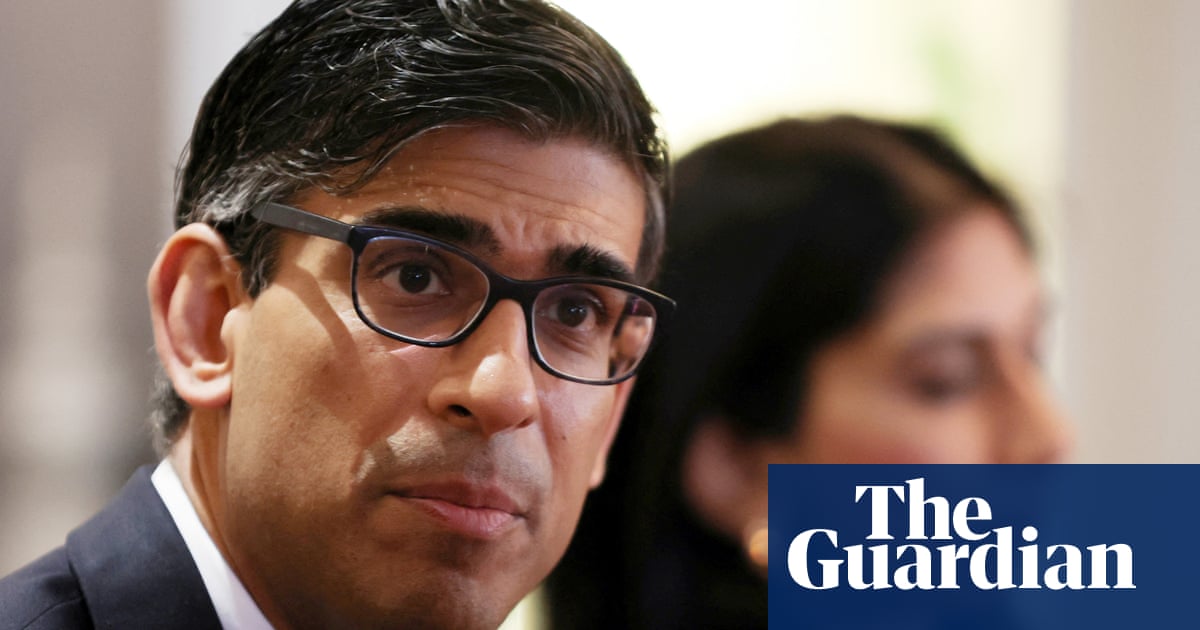
If the 2016 US Presidential Election was one of the most anticipated contests in nearly 243 years of America"s existence, the election in 2020 is likely to eclipse that many times over.
Regardless of which side of the fence you sit, Donald J. Trump"s presidency has upended everything that was known and expected of White House occupants over the past two centuries. It would be unfair to blame the, to put it mildly, unorthodox incumbent for the deep divisions in America. Such political, demographic and even ideological differences have always lurked behind the facade of centrism that birthed the Washington "establishment" at the expense of the average American.
In a way, this tense standoff between competing interests has more or less formed a pseudo-identity unique to America"s idiosyncrasies. It is doubtful that the Founding Fathers foresaw their grand vision crumbling to the kind of populism that now characterizes US politics. Now, it is Democrat versus Republican; the wealthy minority versus “the 99 percent;” the irreligious against the ultra-religious; not excluding the perceived rifts between the three major ethnic groups.
Regardless of which side of the fence you sit, Donald J. Trump"s presidency has upended everything that was known and expected of White House occupants over the past two centuries.
Hafed Al-Ghwell
Even within those demarcations there are further divisions, especially in politics, where voter preferences and elected officials fall on a spectrum ranging from extreme to moderate to right or left of center and then centrist.
In the age of Trump, American voters have dispensed with compromise and polite haggling and just dug in, self-assured in a perceived “righteousness” of party ideology, either for or against the incumbent. Right or wrong, shifting political tides have more than emboldened the fringe elements in either party after decades of languishing in obscurity.
On one hand, Republicans are plagued with an identity crisis and the impossible balancing act of trying to maintain support among moderates versus placating an anti-establishment pro-Trump crowd.
Democrat victories in the 2018 midterm elections, which led to more women and minorities joining Congress than ever, brought a number of progressive candidates to the fore. Here, establishment names such as House Speaker Nancy Pelosi and Senate Minority Leader Chuck Schumer face criticism for not reining in the “excesses” or “inexperience” of Democrat newcomers.
For instance, Somali immigrant, and now the representative for Minnesota"s 5th District, Ilhan Omar sparked controversy after commenting on the enormous influence enjoyed by AIPAC, a pro-Israel lobbying group. Initially, the calls to censure her almost culminated in a resolution condemning antisemitism, until other Democrats balked and demanded a rebuke of all forms of hate, including Islamophobia.
Meanwhile, fellow Muslim Representative Rashida Tlaib, of Michigan’s 13th District, remains undeterred in broaching the subject of impeaching Trump, a path that most Democrats are not keen to take, even with the flurry of ongoing investigations. New York’s Representative Alexandria Ocasio-Cortez has also gained notoriety thanks to a wildly ambitious “Green New Deal” that has intensified conversations about how to address the looming threats of climate change.
These developments are indicative of the deep divisions and the kinds of choices that face the electorate in 2020. Omar’s controversial comments are part of a broader conversation about the influence of money and foreign interests in US politics. Tlaib’s impeachment drive is an answer to calls for holding an embattled Trump to account for alleged crimes or violations of the oath of office. Ocasio-Cortez and the “Green New Deal” are nods to young voters more enthralled by progressive ideals concerning climate change, health care-for-all, education, living wages and taxes, to list but a few.
For the naysayers, it would be the height of naivete to conclude that current events have no bearing on the 2020 election. They do. A large proportion of potential voters are now paying closer attention to developments in Washington, wary of the sort of indifference and apathy that led to a Trump presidency. Therefore, it is imperative that the 2020 hopefuls who have announced their intent to join the race, or are huddled with exploratory committees, tread carefully — or, at the very least, start separating themselves from the rest of the pack. And, there are lot of options to pick from.
At the time of writing, 14 candidates have announced their intent to challenge for the Democrat nomination for the 2020 Presidential Election, while a further 10 Democrats are considering a run. Another five have dropped out or announced that they do not want to be considered. This dizzying number of candidates reflects an electorate that is mostly fed up with Washington, whether because of Republican absenteeism, Democrat tepidity or a combative White House bathed in controversies too numerous to list.
Democrat presidential hopefuls must now clash with each other, not only during their campaigns but also in the often quiet legislative battles on the House floor and in committee rooms. The most troubling thing about such a wide array of choices is that voters are likely to get overwhelmed trying to track each candidate’s campaign. The greatest risk to Democratic unity and win in 2020 is that one Democrat’s loss may not necessarily be another’s gain.
Ultimately, however, it will be an election unlike ever before, with so much at stake — and so far, the Democrats have wasted no time, as candidates set out to shape the 2020 narrative.
It remains to be seen whether being anti-Trump, promising a return to Obama-era days, championing a liberal agenda or simply being a concerned citizen will help to clinch the Democrat nomination or, indeed, win the Presidency.
Hafed Al-Ghwell is a non-resident senior fellow with the Foreign Policy Institute at the John Hopkins University School of Advanced International Studies. He is also senior adviser at the international economic consultancy Maxwell Stamp and at the geopolitical risk advisory firm Oxford Analytica, a member of the Strategic Advisory Solutions International Group in Washington DC and a former adviser to the board of the World Bank Group. Twitter: @HafedAlGhwell
Disclaimer: Views expressed by writers in this section are their own and do not necessarily reflect Arab News" point-of-view












